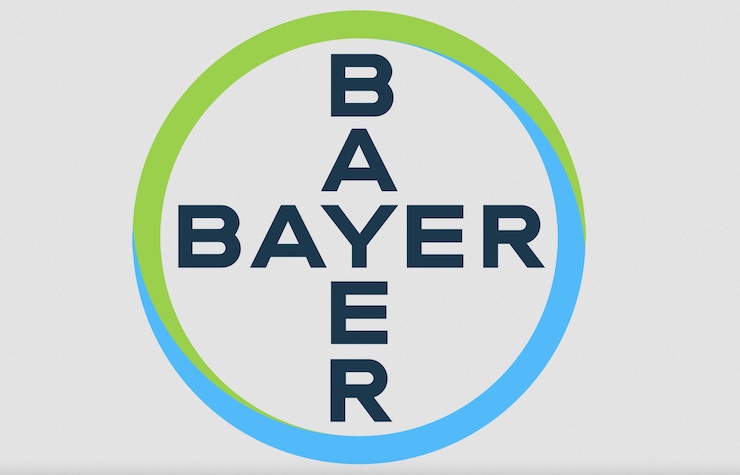Bayer Company Using Drones to Help Farmers

In 1863, Friedrich Bayer founded a dye factory in Elberfeld, Germany. With the success of the factory, expansion in size and product range soon followed, eventually becoming one of the largest pharmaceutical and life sciences corporations in the world. Today, headquartered in Leverkusen, Germany, Bayer is one of the most recognized brands. While aspirin is normally the first thing that comes to mind when people hear of Bayer, the company has also become a leader in agricultural sciences too. Or, as Bayer referees to it, crop science.
Specifically, Bayer is interested in providing the best chemicals to ensure high crop yields. These chemicals need to be sustainable and environmentally responsible. After years of research, one of the lessons Bayer has learned is that technology is at the forefront of successful farming. Bayer has become a pioneer in how automation can take the ancient practice of farming and bring it into the 21st century. Bayer, and agriculturists around the world, have seen a steady decline in employment over the last decades. The younger generations are not willing to perform laboriously in fields. Instead, they are looking for work in cities while farmers are aging out.
This is why drones and automation have become vital to the agricultural industry. Drones are being used on many different levels on farms. They are doing everything from mapping and surveying, inspecting for disease and pests, monitoring hydration and soil levels, and spraying a wide range of chemicals. Some believe that by having drones fill all these positions on a farm, they are taking away jobs. For agriculture, drones instead create more job opportunities. The jobs drones are doing are labor intensive and often involve aspects that are not safe for humans to do. At the same time, farmers can’t find enough people to do the jobs that a drone can perform. By applying drone technology, farmers are encouraging younger, tech savvy generations to come to the industry, but in a new way.
Agricultural drones open up jobs for more than just pilots. People are needed to build and maintain the drones too. For Bayer, embracing drone technology meant developing many employment positions. Bayer had to find a way to redevelop its chemicals so they could be efficiently applied by drones. The resulting products require less water and can be sprayed by drones with the utmost precision. This is better for the environment, provides better crop yields, and can save farmers a lot of time and money.
Not only can drones cover more acreage, but Bayer has discovered that the force produced by a drone’s rotors actually help aid in chemicals reaching their target more proficiently. “Bayer’s future-facing mindset and commitment to open innovation have enabled drones to help drive a more productive and sustainable future for agriculture,’ reads a statement from the company. “This single innovation not only handles otherwise grueling crop protection tasks in the rice paddy, but it does so more accurately and consistently in a fraction of the time compared to manual labor.” From Friedrich Bayer’s humble beginnings with a dye factory, the Bayer corporation is continuing to change the world for the better.
|